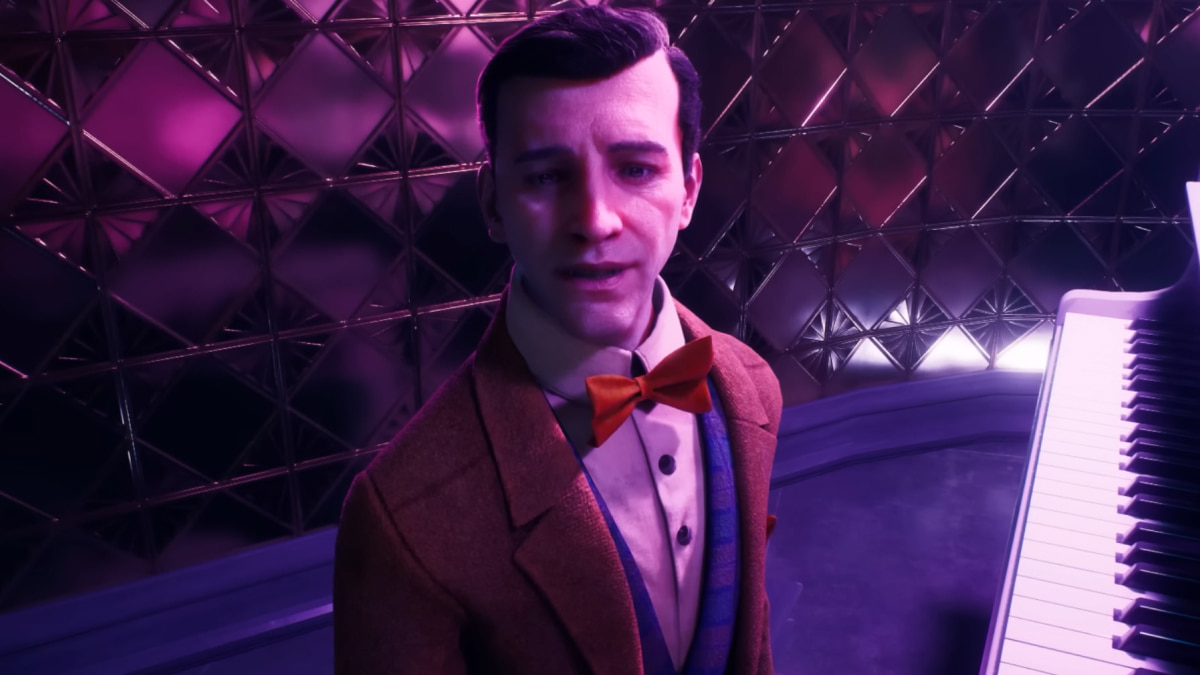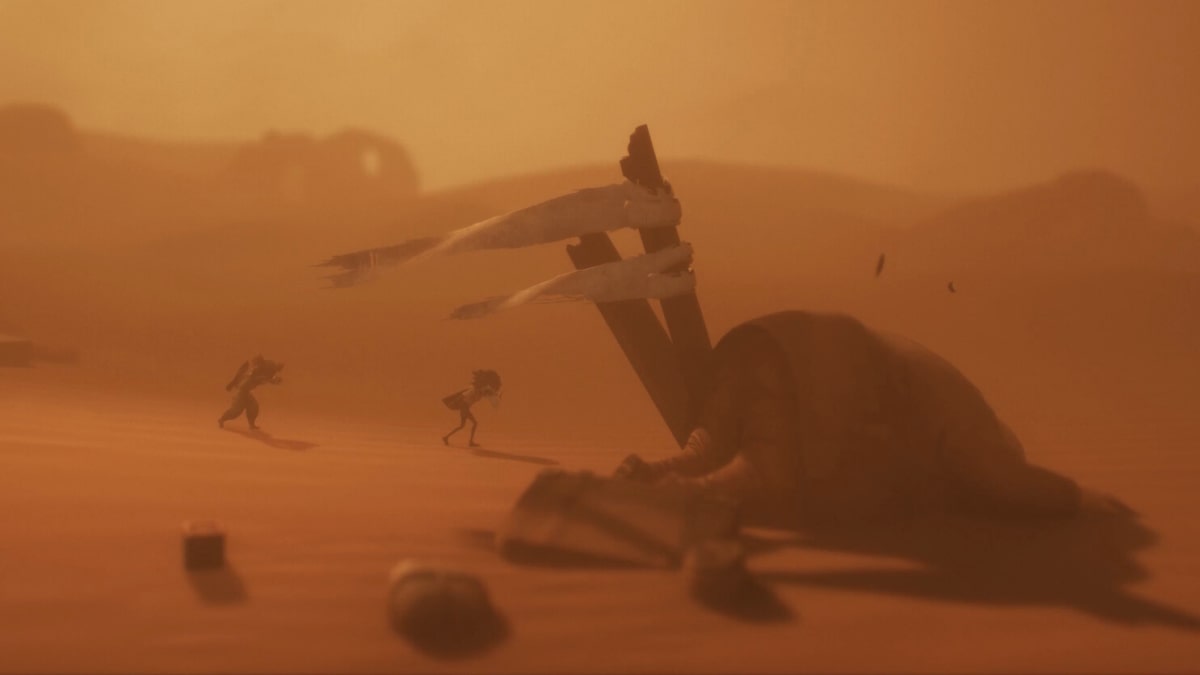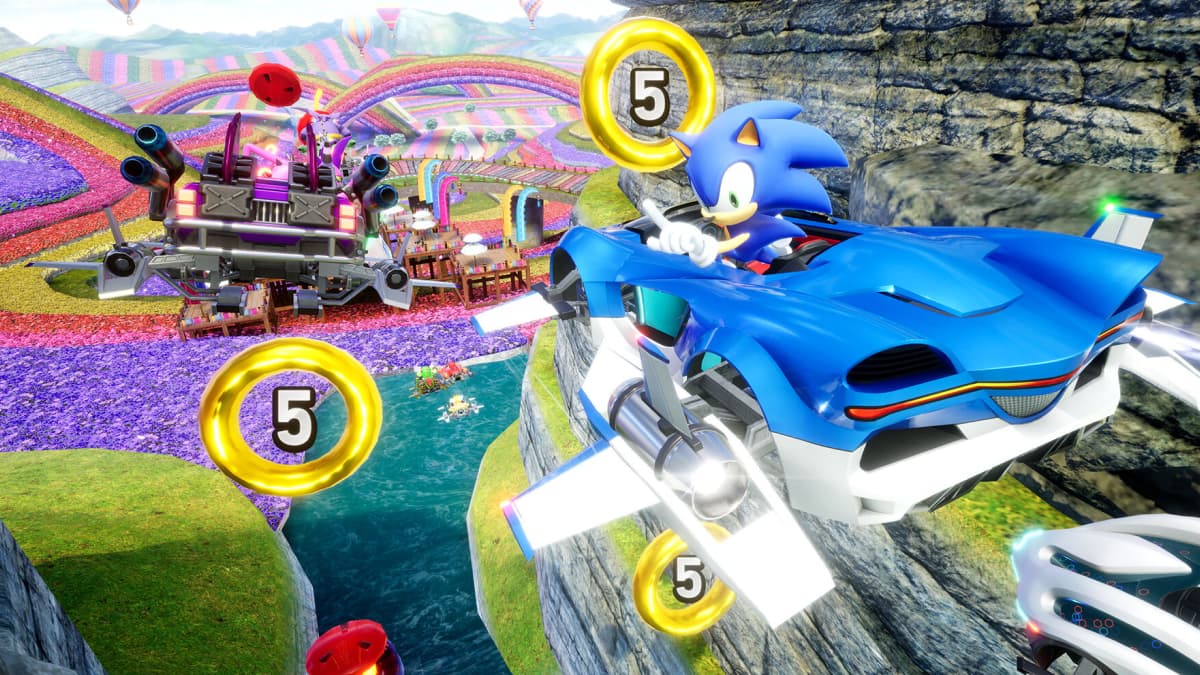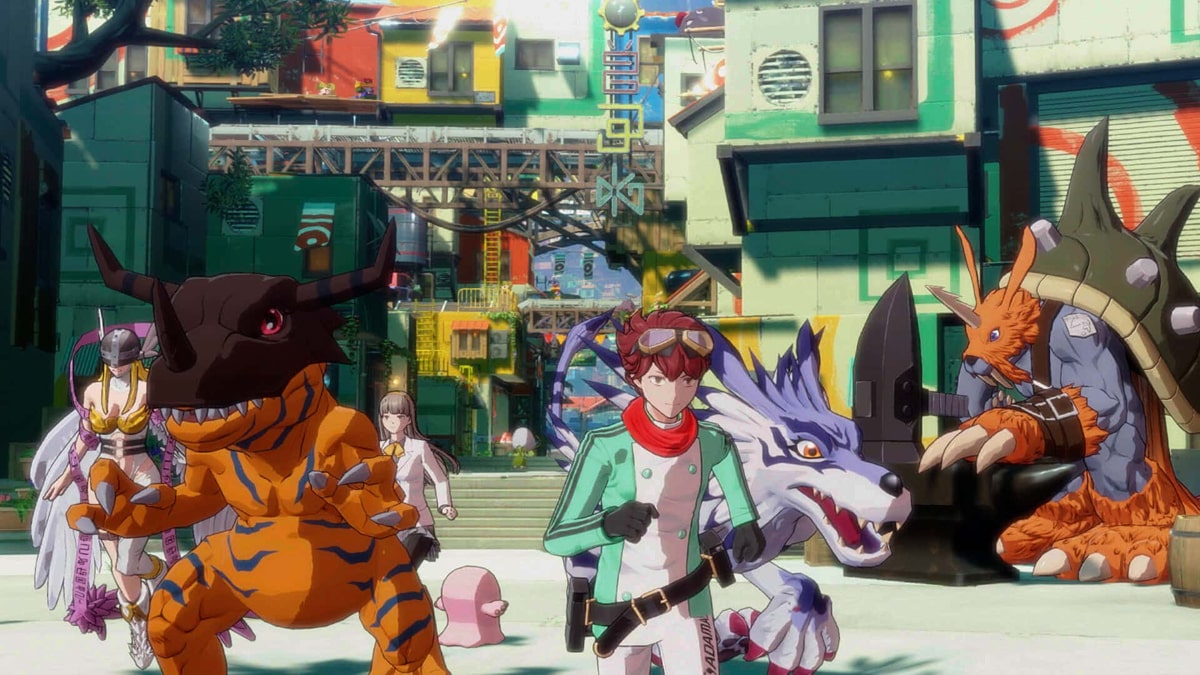You can trust VideoGamer. Our team of gaming experts spend hours testing and reviewing the latest games, to ensure you're reading the most comprehensive guide possible. Rest assured, all imagery and advice is unique and original. Check out how we test and review games here
Frogwares have been on a bit of a roll with its Sherlock Holmes games in recent years. The series started off s***e, got better, and keeps improving. Devil’s Daughter doesn’t buck that trend, but it does add new ingredients to the recipe which sour rather than sweeten the experience.
The meat and potatoes gameplay of collecting clues (via exploration and interrogation) until you have enough data to make a deduction is as solid as ever. Devil’s Daughter isn’t a game of hunt the object – there are entire avenues of inquiry that some players won’t even realise are there, such is the spaghetti-like nature of its stories. You can close at least one of the cases after about twenty minutes, but you’ll definitely be wrong and you’ll be skipping about 2-3 hours of game for the sake of throwing the first suspect you meet into jail.
There are five loosely-connected cases to solve here, and if you work hard to see everything and try everything, you’ll end up having a number of suspects to finger at the end of each one. The choice can be agonising. Frogwares has done a tremendous job of making every possible motive, every conflicting version of events just plausible enough that you’ll struggle to pick the right murderer, and you don’t actually find out if you got it right until the end of the game. Committing to a choice wipes your saves for the previous chapter too, so there’s no window shopping for justice here. It’s tense as hell, and brutally good.
The presentation is vastly improved over previous games too. Sherlock looks like a slightly malnourished Jon Hamm, and you can see his pores, as is befitting of a Current Gen Video Game Protagonist. Victorian London is realised here with a level of period sensibility and micro-detail that rivals Assassin’s Creed Syndicate, a game set in the same place at roughly the same time, but probably had millions more dollars and man-hours leathered into it. There is some slowdown and odd patches of screen-tearing on the PS4 version, but how much these rare instances bother you depends on you.
This new version of the Sherlock character is an odd blend of Jeremy Brett and Robert Downey Jr, which doesn’t sound like it should work but absolutely does. Holmes spends most of his time in the game looking like he’s just woken up after attending the launch party for a new variety of crystal meth, and his best mate Watson now looks, talks and acts like a mardy barista who, for reasons known only to himself, thinks necking espresso makes him qualified to mend broken legs.
It’s cool, and a bit daft. Where it starts to fall apart is in the action sequences, which are sort-of new for the series and found in abundance here. While I’m hesitant to make another inadvertent Assassin’s Creed parallel, the problem with these sequences is that they’re bloated, tedious and marred by control issues. A chase through Epping Forest, for example, feels like it has more natural end points than that Peter Jackson film everyone makes this joke about.
Not long after that, the game makes you play a game of bowls. Not bowling, you understand, because that would be anachronistic, but bowls. That thing pensioners meet up to do in local clubs that are so constantly on the verge of collapse that they stock Tesco own-brand tea and none of the hot taps work in the toilets. It’s the sort of sport that makes your muscles atrophy just from watching it. Playing it actually makes you eligible for free bus travel, and pretending to be a man playing it in a video game about Victorians playing bowls just makes you dead on the inside. Frankly, I’m yet to recover. Not long after that, there’s some bollocks about a Mayan temple that’s pretty much every “floor-tiles crumble when you touch them” sequence from every video game ever, but worse, because you’re using a control scheme that’s been engineered for getting fingerprints off fag butts rather than avoiding death spikes.
It’s not hard to understand why these sequences are there, and they’re not all terrible – there’s some very adequate stealth bits, chases etc, and their inclusion along with the much-improved presentation makes this the most ambitious Sherlock Holmes videogame to date. Sadly, they ruin the pace, especially if you’re the sort of whining poindexter (hi) who plays Sherlock Holmes games for the thrill of solving cases with logic and facts, not dodging bullets in the woods.
Your investigation tools now include the ability to plot and visualise a sequence of events based on evidence you find in the crime scene. You may know, for example, that someone tripped over a barrel, that someone else rolled a barrel down a hill, and that someone else had their barrel nicked by a social deviant the night before. There’s an interface for putting those events together in sequence, playing with the timeline until you get it right. It’s hugely satisfying, and much more complex than the example I just made up, but it’s a great spin on the ‘mind palace’ idea from that awful BBC series you like. It’s hard-baked, so it only occurs roughly once per case, but it’s very cool – figuring out exactly what happened, why, and in which order comes with an odd smarty-pants thrill. If Devil’s Daughter had more of that, and less of the fannying about in decaying Mayan temples, it would frankly be a much more consistently good game. As it stands, it’s a decent adventure game with lots of s***e bits. Just like the last one, and the one before it.
Devil’s Daughter is not a bad Frogwares Sherlock Holmes game. In fact, it’s one of its best, but it’s not the title I was hoping for – the one that would finally realise all the sizzling potential that this series has had locked away behind nonsense for years. Still, it’s a fair old romp. Again.
Version Tested: PS4
Sherlock Holmes: The Devil’s Daughter
- Platform(s): PC, PlayStation 4, Xbox One
- Genre(s): Adventure







